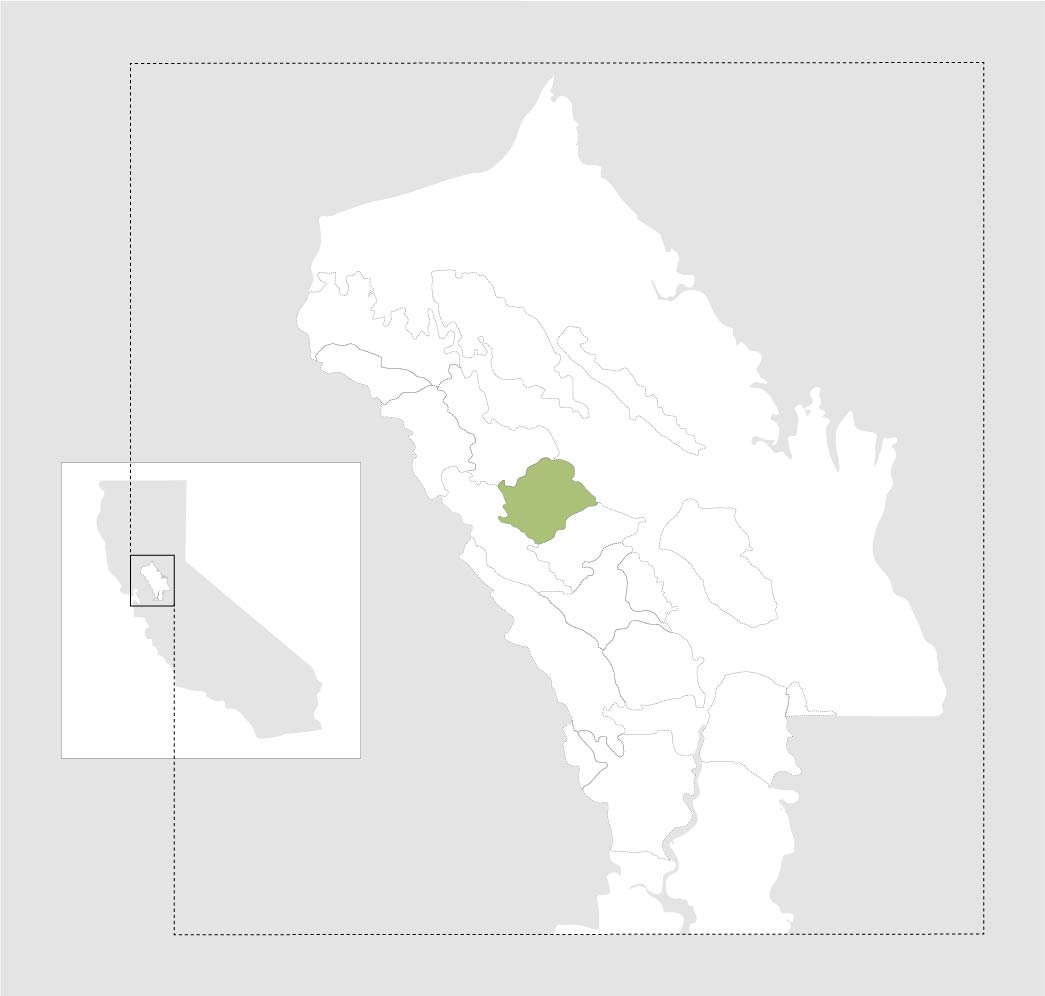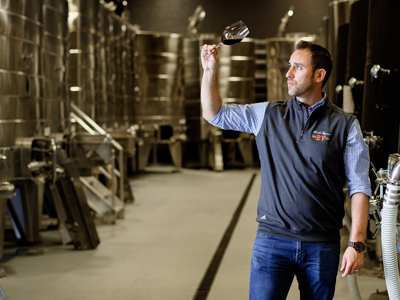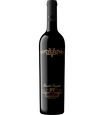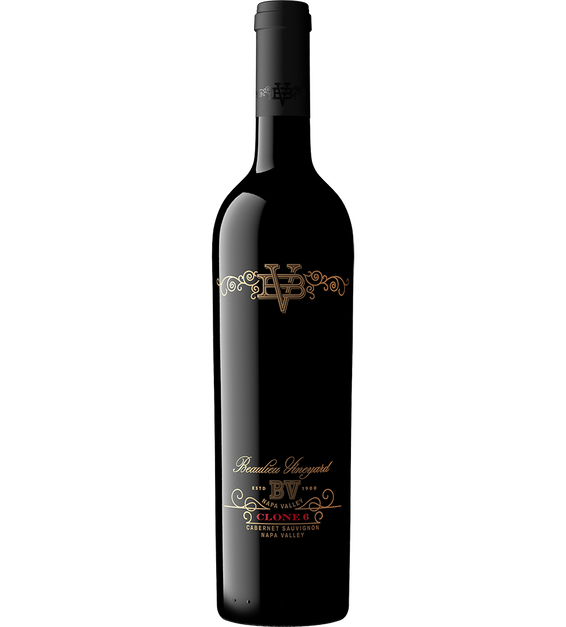Beaulieu Vineyard
2019 Beaulieu Vineyard Clone 6 Cabernet Sauvignon
Tasting Notes
Tasting Notes
A vibrant nose full of red berries sets the stage for this expressive and unique wine. An example of the exceptional characteristics of a wine made from vines planted to this single clone, the 2019 vintage of the Clone 6 Cabernet Sauvignon is nothing short of outstanding. On the palate, intense mocha and molasses flavors are rounded out by hints of maple syrup, blackberry, and traditional cola. A rich, round, and powerful mouthfeel is full of firm, grippy tannins that create a full sensory experience. The finish is long and expressive to the end. While enjoyable now, this wine will continue to develop complexity in the bottle and will age well for another 20+ years when stored at ideal cellar temperatures.
Technical Information
| Varietal | Cabernet Sauvignon |
|---|---|
| Vintage | 2019 |
| Volume | 750mL |
| Appellation | Napa Valley |
| Blend | 100% Cabernet Sauvignon |
| Oak Treatment | 20 months in French oak, with 100% new barrels |
| Alcohol % | 14.7% |
| pH | 3.71 |
Scores & Accolades
-
95+“My favorite of the three clonal offerings this vintage, the 2019 Cabernet Sauvignon Clone 6—a clone known for its low yields and dark-berried fruit—shows more tannins and a richer, more velvety texture than the Clone 4 or 169 bottlings. It's from BV2, a vineyard on the southern border of the Rutherford AVA, and spent the same 21 months in new oak as the other "Clone" wines. Dried flowers and fresh mint accent cassis on the nose, while the full-bodied palate is richly textured, and the flavors linger attractively on the finish.” - Joe Czerwinski, Wine Advocate
-
96"Lead pencil, graphite and black currant. Light espresso. Medium to full body. Firm and layered with a density and lift at the end but finishes very fine and long, Drinkable but give it two or three years of bottle age to show its best.” - JamesSuckling.com, May 4, 2022
Winemaking
Winemaking
At our state-of-the-art winery dedicated exclusively to the production of our Reserve wines, we utilized the latest technology to destem and optically- sort the berries to retain only the highest quality fruit. Cold soaking of the must and gentle pump overs gently extracted the flavor-rich skins into the juice. Upon completion of primary fermentation, we pressed the skins and transferred the wine into new French oak barrels for in-barrel malolactic fermentation and aging. Because of the unique and wonderful character of this clonal selection, we treat the wine as a separate lot and bottle a very limited amount.
Trevor Durling - Winemaker
Beaulieu Vineyard Winemaker Trevor Durling, presides as only the fifth winemaker in the winery’s 119-year history. A native Californian, Trevor was raised in Sonoma County, the heart of Northern California’s wine country. With a love of agriculture, science and cuisine, Trevor pursued his studies at the University of California Davis in the Viticulture and Enology program. As winemaker at Beaulieu Vineyard, Trevor incorporates his passion for creating fine wines, while preserving the heritage and legacy of Beaulieu Vineyard.
Vintage
Vintage
The 2019 harvest started one to two weeks later than previous years, mostly due to February rains, but because the vines were in their winter dormancy, it did not affect the 2019 crop. Spring continued to be wet with some rain during flowering, followed by cool temperatures that allowed the grapes to mature gradually. Most grapes ripened at lower sugars, thanks to the extended, cool growing season, and winemakers were pleased with the full flavors, fresh acidity, and superb balance of the 2019 fruit. The resulting crop showed a modest yield with a slightly more compact structure and extract than in previous years.
Vineyard
Rutherford AVA

Vineyard
In the 1880s, UC Davis professor Eugene Hilgard planted clone 6, which is also called the Jackson clone, at the university's field station at Jackson in the Sierra Foothills. It was abandoned until the last few decades when it was rediscovered. In 1980, we began a 14-year series of trials in conjunction with UC Davis, to identify Cabernet Sauvignon clones best suited to our Rutherford Bench terroir. Two clones (numbers 4 & 6) were ultimately selected for grafting to rootstocks planted in the well-draining, alluvial fan soils of our estate vineyard. As a component of our Georges de Latour and other reserve Cabernet Sauvignons, Clone 6 has notably small loose clusters and small berries that yield highly concentrated, distinctive flavors structured by muscular tannins. Often referred to as our mountain fruit on the valley floor, this creates a Cabernet that is very concentrated with more structure and tannin.


